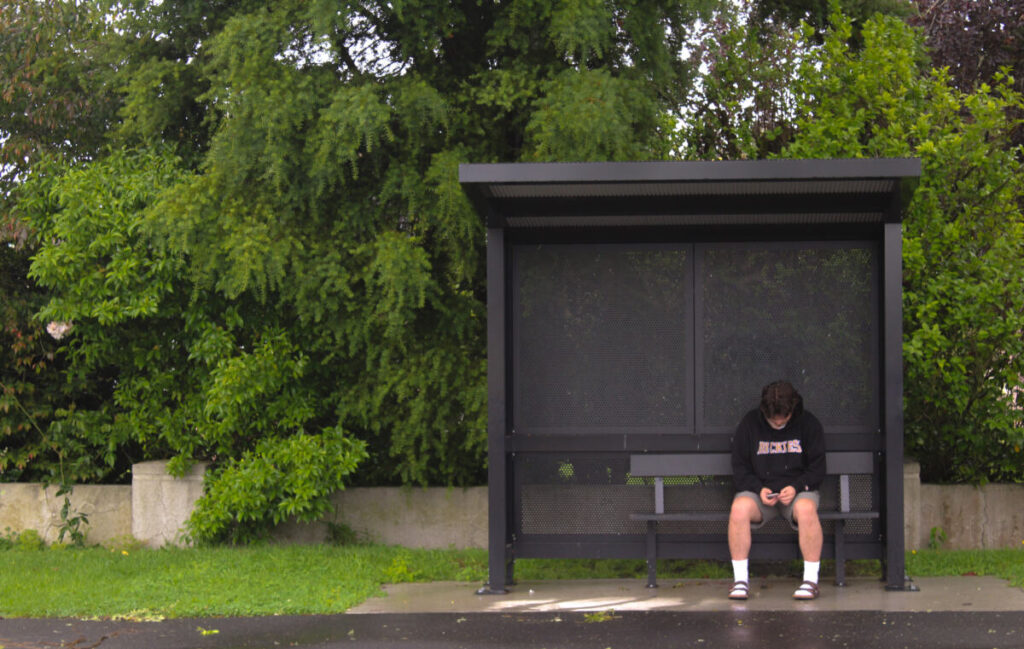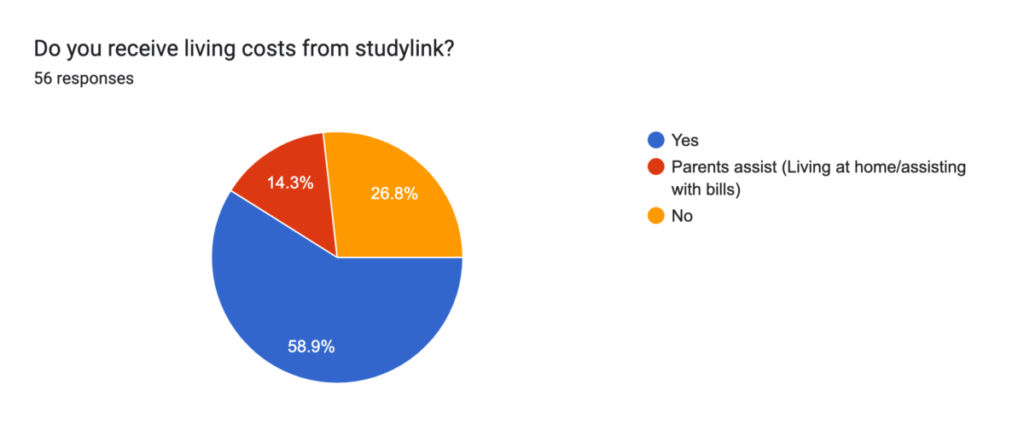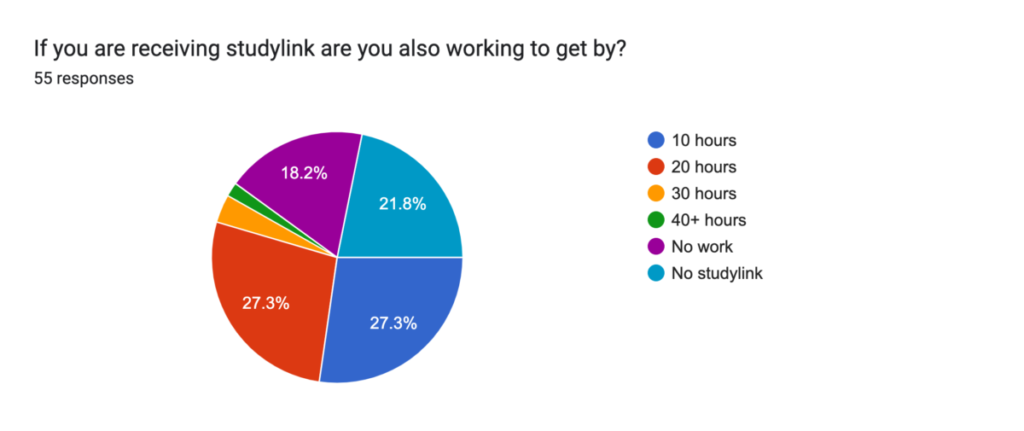Are students really living?
Diving into how students are getting by in the current climate, with statistics and a personal story from a current tertiary student
With the cost of living drastically rising with the highest inflation seen in 32 years and the juggling acts students are using to get by becoming more and more difficult, we ask the question. How are students really living?
According to information from studywithnewzealand the average living costs for a week as a student come in at just over $300, however, with the cost of general expenses rising 7.7% compared to this time last year these costs are often going over $400. With either a $280 per week allowance for eligible students, or a similar amount for a loan weekly available from studylink these costs are easier to manage, although being stuck with over $25,000 of added student loans is quite hard hitting for just a 3-year study.
For many students, part time work isn’t just a way to enjoy the nights out and fund activities but a necessary form of income to meet the costs of accommodation, food and utilities.
With the information gathered from a survey targeting tertiary students in the Waikato region, it was apparent that over half of the students that are receiving living costs from study links are working to keep themselves afloat in the current climate. Over half of these students working are having to work at least 20 hours a week to get by in addition to the living costs payment.
Wintec has recommended students work a maximum of 15 hours a week to ensure study time is allocated well per week.
The days of students in New Zealand being fully funded by the government are sadly gone, with the average week of a student now filled with study schedules, classes, assignments and part-time work often at minimum wage.

There are some options out there to make life a little easier for students, Wintec offers financial support for students through the Manaaki Financial Support Grant, which allows students suffering financial hardship to feel at ease and keep unexpected financial limitations from affecting their studies.
All universities in the country also offer support services to students with mental health struggles. These supportive outlets are so important for the wellbeing of students around the country as many look for help and may struggle to find it around their peers in some situations.
The personal experience as a student
For many students, it can be a necessity to move to a larger centre for the sake of their education. For Kyle Windelburn, who was raised in Pukekohe, this meant moving an hour away from home to study at Wintec in Kirikiriroa.
This was a big leap socially and mentally for Kyle, working in new places, starting tertiary study and creating new relationships.

Kyle was unable to save towards a good bank balance before starting study so works part-time at Pak n’ Save to get income so he can afford rent, utilities and groceries. He is not eligible for student allowance as both of his parents work.
With around 14 hours of minimum-wage work a week and borrowing living costs amounting to around $230, he struggles to keep up and often has to pay people back for things “when I get paid”.
Kyle says, “I think when the flat got chucked in lockdown earlier in the year is when I really felt drained from trying to juggle everything, I was in bed so sick and struggling to keep up with assignments and being asked to work even though the entire flat was covid positive.”
Kyle says this really affected his financial situation “I legally could work but had to really get the message across how unwell I was, and this still meant I was behind in money for a week or so after not working”
Kyle often finds himself spending less on meals, missing out on social events and trying to cut down costs as often as possible.
“The funny thing is I don’t even drive so I’m not paying for gas like a lot of my mates” Kyle often catches the bus, carpools or walks to work or class and still finds himself in a difficult scenario.
Speaking to Kyle you really feel for him and other students in similar situations, living weekly on a small given amount of money that only just ensures he can pay his bills and stay afloat.












